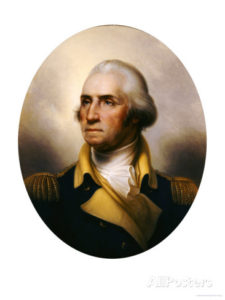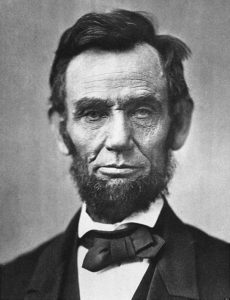What's so bad about saying you were wrong?
I recently became fed up with the media reports about the presidential candidates and their “flip-flopping” on various issues. For the rest of us, changing our mind is often described as learning, or even considering a matter more deeply.
For politicians, we have made it a sign of weakness, weak-mindedness, or craven pursuit of political advantage. Don’t get me wrong. Sometimes a politician’s change of position is due to those considerations. But let’s talk about what the positions are, not the “gotcha” politics of hunting down inconsistent statements. Was Lincoln a less credible advocate of emancipation because he previously didn’t support it?
Please check out my further thoughts here. And here’s a selection of our presidential flip-floppers.



Hello.Madison’s Gift is a fine book. Thank you for writing it. On page 244 it states Hamilton was Navy Secretary at the outset of 1812 War. I believe Hamilton was dead by then correct?
Glad you enjoyed the book! That passage refers to Paul Hamilton, Secretary of the Navy from 1809 to 1813, not Alexander Hamilton, who was definitely dead by 1812 and had been for eight years.
An amazing history of a period I’ve been recently obsessed with: the change from the Articles to the Constitution. I wonder if Europe will ever follow suit? American States were fortunate to be on new ground both figuratively and factually. Without “The Madison Group” we might still be several little states competing with each other.
One question on slavery has been itching me for some time: Why did it never occur to anyone to pay their “laborers” instead of enslaving them.The difference isn’t so large. Farmers needed workers, workers needed to be fed. This would have introduced competition, of course, but that’s America! The irritation of paying for labor goes back at least to the Peasant’s Revolt in the 14th century and probably the beginning of time. This seems somehow similar.
Anyway, Thanks so much for all your hard work all nicely distilled and in my hand.
Great questions. Edward Baptist in “The Half Has Never Been Told,” a book I have not yet gotten to, evidently argues that slavery made great economic sense because landowners compelled far more labor from slaves than they could have gotten from free laborers by paying for them. So slavery — as a strictly economic model — made all the sense in the world for landowners. As a method for establishing a society, of course, it was a catastrophe.